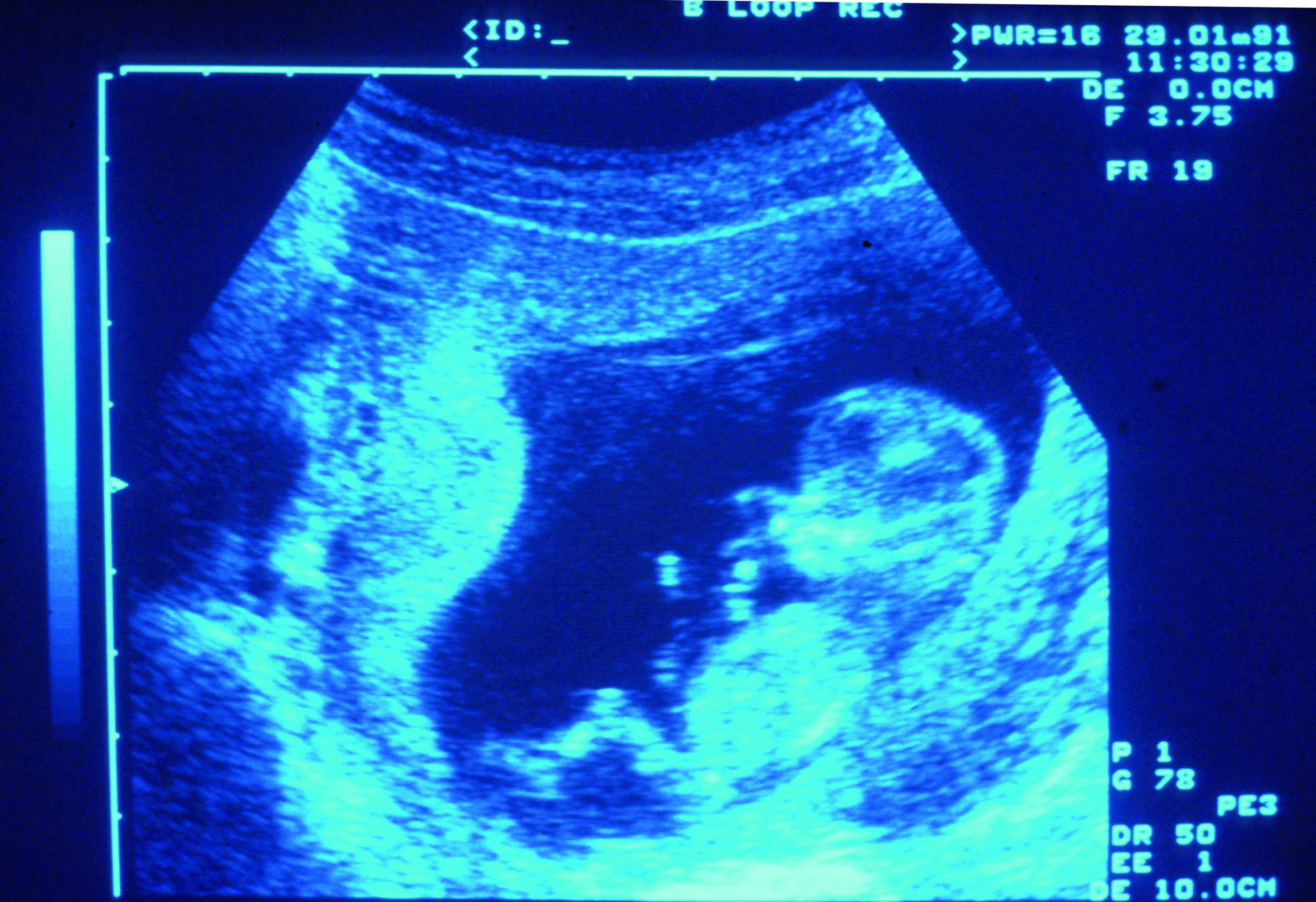On March 7, the Supreme Court authorized a referendum on abortion. The aim is to amend the eighth amendment of the Constitution, which recognizes the equal right to life of the mother and the unborn child. Implicitly, this amendment, approved by referendum on 7 September 1983 and signed on 7 October 1983, creates a constitutional recognition of the life of an unborn child.
The referendum is due to be held at the end of May. If the Irish vote in favour of repeal, the government could propose legislation that would allow abortion up to 12 weeks of pregnancy.
The government is soon expected to unveil the 21 clauses of the new legislation:
- Terminations will be permitted without specific indication up to 12 weeks, with a lapse of time between the physician’s agreement and the abortion;
- Abortions could be carried out after the first trimester of pregnancy when a mother’s health, which includes the risk to life, is threatened, and in the cases of a foetal condition which would result in death before or shortly after birth. Two doctors will be required to assess the appropriateness of a termination and gestational limits will not apply in these cases;
- Healthcare professionals who do not wish to perform abortions will be able to evoke conscientious objection.
But also, possible prohibition of late abortions and decriminalization of women except for those who abort outside the conditions established by law.
The Chief Justice of the Supreme Court also stated that “the unborn child has no constitutional rights other than the eighth amendment”, but drew the Court’s attention to the common good and status of the unborn child.
Today, an illegal abortion can lead to up to 14 years in prison. However, in 2013, Ireland passed legislation to allow abortion if the mother’s life is in serious danger.
The Irish Times, Sarah Bardon (09/3/2018), Vatican News (08//2018)

